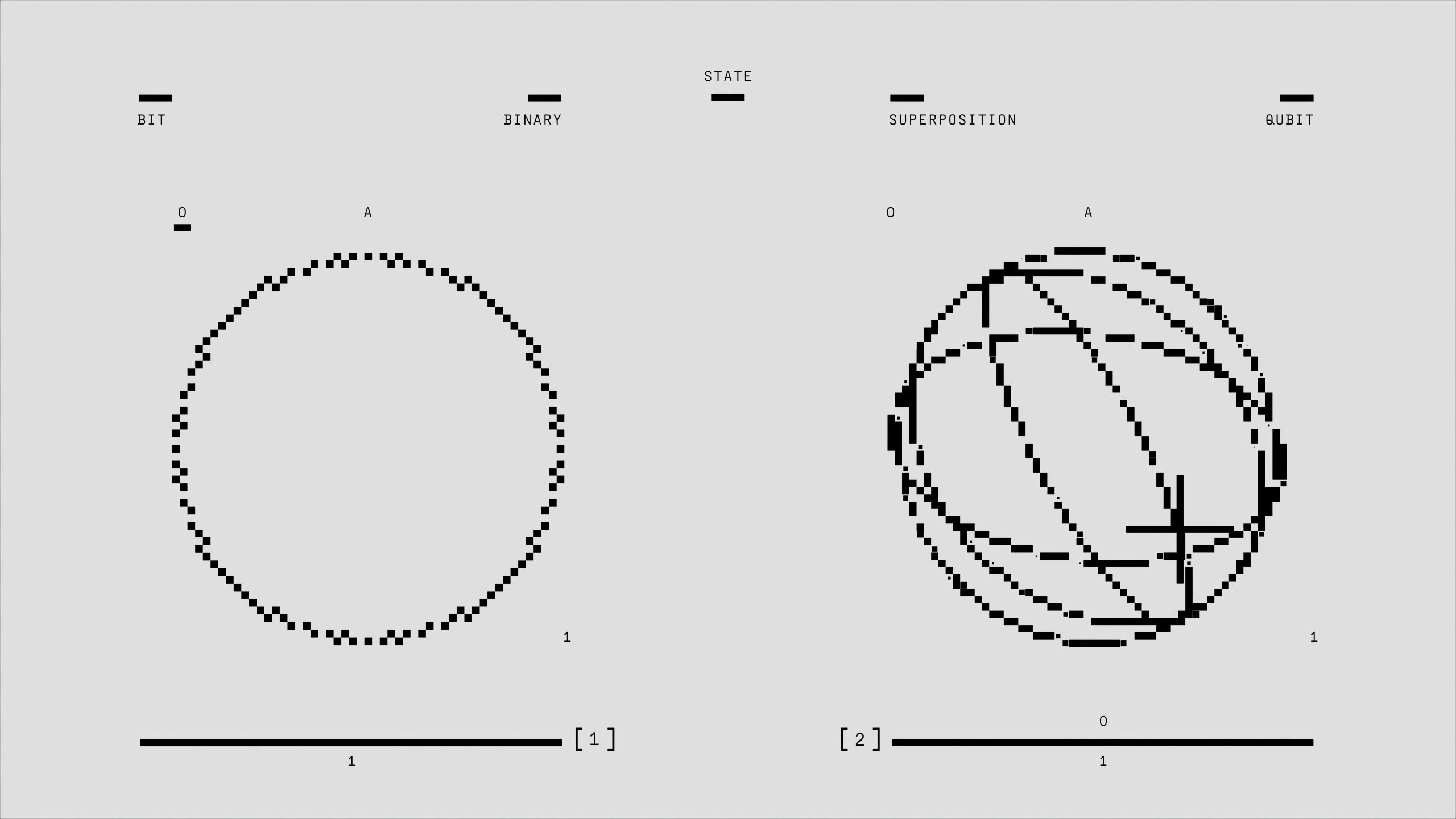Lien Paid – Now Facing Reversed EOBs
Last year, I was involved in a car accident and was advised to use my health insurance to cover medical expenses until my case was resolved by my attorney and the other party’s insurance. I informed my health insurance company, and they promptly engaged their subrogation team—which was a relief! They submitted the lien amounts to the car insurance company.
When it came time for the settlement, the $15,000 my health insurance had paid out was deducted from the settlement and paid directly to the subrogation team in full. I even have a copy of the cashed check as proof of their acknowledgment of receipt. However, now my health insurance is sending revised Explanation of Benefits (EOBs) to my doctors, reversing all previous payments. As a result, I’m starting to receive bills from doctors I had already settled with, and the car insurance had already paid the health insurance lien on those amounts.
Is this legal? If the health insurance company profits $15,000 from this situation and I end up having to repay these medical bills, I’ll be left in a worse financial position following this accident.




It sounds like you’re in a really frustrating situation, and it’s understandable to be concerned about how this is unfolding. From what you’ve described, it appears that your health insurance company has gotten involved in a subrogation process, which is standard practice. However, what’s happening now — where they are reversing payments after the settlement — can be complicated.
In general, health insurers have the right to recover costs they’ve paid if another party is responsible for those expenses, which is what happened when the subrogation team collected from the car insurance. However, if they are reversing payments for services already settled and you’ve incurred debt with providers because of it, that could lead to double-dipping, which sounds problematic.
Here are a few steps you should consider taking:
Contact Your Health Insurance: Reach out to them directly and ask for clarification on why they are reversing the payments and how this aligns with the agreement made when they accepted the subrogation amount.
Review Your Policy: Look at your health insurance policy and any agreements about subrogation. There may be specific language regarding how they handle reimbursements and reversals.
Document Everything: Keep all correspondence, bills, and payment proofs organized. This could be helpful if you need to escalate the issue.
Consult Your Attorney: If you’re working with an attorney for your car accident case, have them review this situation. They can provide legal advice and may help advocate on your behalf.
Contact Providers: Notify the doctors or institutions that have sent you bills that your health insurance has already paid them and that you’re in the process of resolving the matter with your health insurer.
File a Complaint: If you believe the health insurance company is acting unlawfully, you may want to file a complaint with your state’s insurance department.
It’s important to address this promptly to avoid debt accruing from these bills. Hopefully, you can get this resolved quickly and fairly!